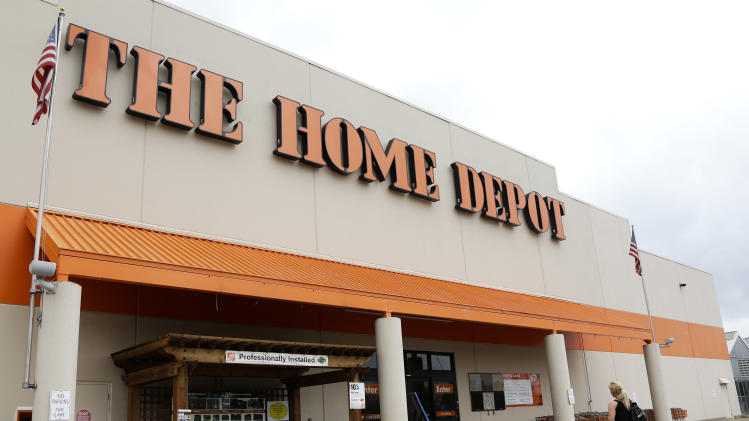I get asked quite often if paying a collection or charge off or some other negative item listed on a credit report will improve a credit score. The answer is always the same...
NO. Once a negative tradeline always a negative tradeline.
A charge off is when a creditor does not receive payment for around 6 months and eventually 'charges it off'' on the company's receivables as a loss and closes the account so that you own't be able to use it anymore. Once this happens the creditor will report the charge off to the credit bureaus so that it can be placed on your credit report. This does not mean that the debt is no longer owed (although I have my personal beliefs about this rule). The company will still report both your past due amount and the amount owed on your credit report.
The effects of a charge off can be detrimental If the consumer had a pretty high credit score at the time the charge off was reported. If the credit score was not that high due to other negative information being reported, there won't be much of a drop in the score.
The charged off account can remain on the credit report 7 years from the date the first payment was missed - often referred to as 'Date of Last Activity' (DLA). The amount showing charged off on your credit report should be for the balance that was written off. Now if you notice, I said that the charge off can remain on your credit report for 7 years; NOT THAT IT HAS TO.*
If you decide to pay off a charge off just keep in mind that it will do nothing to positively increase your credit score. It'll just change the reporting message from 'Charge-Off' to 'Paid Charge-Off'. The original amount written off will still be reported in the account history as well. Thus, whatever positive payment(s) you've made on the account after it was reported as a charge off won't matter - it will not be reflect or reported on your credit. The damage has been done. The only way to repair the damage done to your credit is to replace it with newer, positive credit information.
Now, I am not advocating not to pay off your past due debts, I just want you to know what to expect - or not expect - when you do as it relates to your credit score. From a lending perspective, they like to see 'paid' charge off rather than just 'charge off' depending on how old the debt is. If it's a charged off debt that is over 3 years old and you've managed to add additional positive tradelines to your credit report since then; that'll have more weight on their decision to lend to you than an old charge off lurking around.
Hope this helps! As always if you have any questions, feel free to contact me; and if you'd like assistance removing negative charge offs, collections, and settlements from your credit report; give us a call! We've successfully removed over 480,000 of these accounts from our client's credit reports!
~ Netiva



